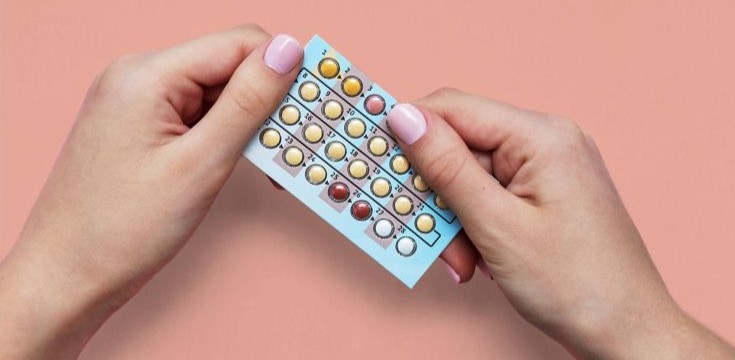Whether it’s for family planning, health concerns, or other personal reasons, the number of women choosing birth control pills is on the decline. The percentage of women who take the pill has dropped by about 20 percent since 2002, from 31 percent to 24 percent.
Whatever your reason for stopping, you’ll need to know about the potential changes that may happen within your body so you can navigate the transition more smoothly, and practice a little compassion for yourself throughout the process.
Your body’s response may be different from other people
When you stop taking the pill, pay attention and record any changes in your body and menstrual cycle so that if you have any concerns, you can discuss specifics with your doctor. Individual experiences of going off birth control pills may vary; while some women may notice significant changes, others may have a smoother transition. It’s hard to predict each person’s experience; many factors, including your health history and any current health conditions, will likely play a role.
You can still get pregnant, even before your next period
Most birth control pills contain synthetic forms of two hormones: estrogen and progestin. These hormones work together to prevent ovulation, thicken cervical mucus to prevent the sperm from reaching the egg, and alter the lining of the uterus to make it less receptive to implantation of a fertilized egg.
Essentially, birth control pills tell the brain, “We already ovulated, no need to release another egg”. Though it can take two to six weeks for your period to return, depending on when you stopped taking the pill and how long you’ve used it, you can become pregnant even before your next period. If that’s not your plan, think about using other methods in the meantime.
Your menstrual cycle will eventually come back
Once you stop taking the pill, your natural menstrual cycle will return, and some women may experience irregular periods initially, while others may return to a regular cycle soon after they stop the pill. The menstrual flow may also differ, and some women report changes in the duration and intensity of their periods. It’s more common to see an increase in the amount of bleeding with menstrual cycles.
Some women may notice mood changes
Hormonal fluctuations can influence mood, and some women may notice a change in their mood after stopping the pill. It’s unclear how birth control pills affect mood, and some research suggests that starting on the pill can increase the likelihood of a depression diagnosis.
Researchers found that the first two years of using birth control pills were associated with a 70 percent higher risk of depression than in women who had never used oral contraceptives. After two years, the risk dropped to less than a 10 percent increased risk. Although some women may be taking the pill to help with mood swings, recent research has cast doubt on the medication’s mood-stabilising benefits.
You might experience breakouts
Acne flare-ups are among the most common symptoms women experience when they stop taking the pill, and these are also due to hormonal fluctuations. Hormonal acne can mean pimples, blackheads, whiteheads, and cysts. If skin issues persist after your period returns to normal, you may want to talk to your doctor or see a dermatologist about treatments.
You may or may not gain weight
Weight changes are possible, but that hasn’t been consistently found in studies. In general, research suggests that birth control pills are not likely to have much impact, if any, on weight. If women do gain weight on the pill, it can be related to water retention.
You may sleep more soundly
Hormonal changes may affect sleep and energy levels in some women, although these effects can be subtle and are not universal. Individual responses vary, and lifestyle factors also play a role.
You may feel a little more frisky
Hormonal fluctuations can influence sexual desire, and most commonly, libido is decreased while on birth control pills, so an increase in libido may be seen when you stop taking birth control pills. On the other hand, if you’re worried about an unintended pregnancy, your libido may be lower because of this factor alone.
Headaches may change, especially if you’re prone to them
If the pill improved your menstrual migraine headaches, they might return once you stop the pill. For women who experience migraines, the week of taking placebos on birth control pills, their migraine may worsen when they go off the pill. If you don’t have a history of hormone-related headaches, stopping the pill probably won’t change that.
Talk with your healthcare provider first
It’s a good idea to talk to your doctor before you stop taking the pill. That being said, there’s no right or wrong way to stop birth control pills. You can stop them in the middle of the pack or finish the pack you’re on without starting a new one.
Stopping taking birth control pills can affect your body in a variety of ways, from menstrual cycle changes to potentially impacting your mood and skin. Some of these changes happen quickly, while others may take a few months. As your body adjusts, you can still become pregnant before your next period. Be prepared for these transitions and don’t forget to consult your healthcare provider for personalized advice tailored to your health needs.




